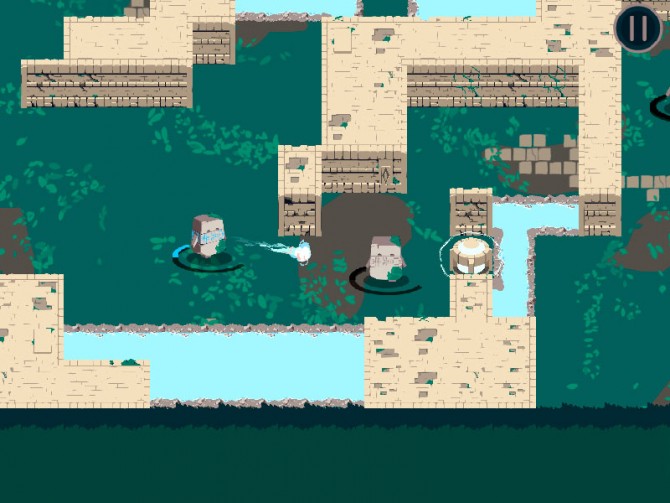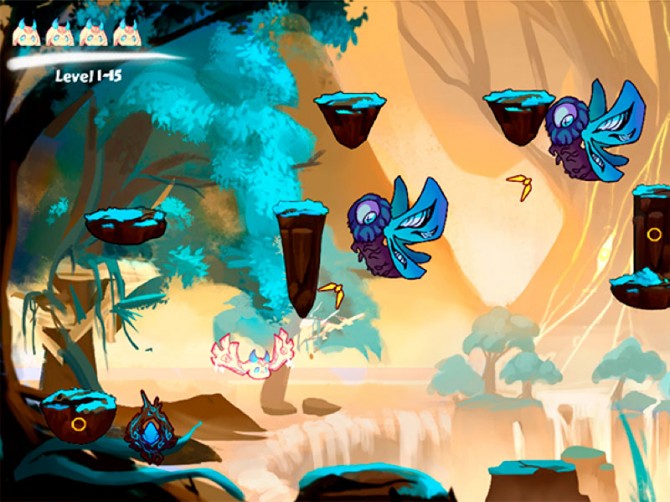Public invited to play at virtual Game Design Showcase
By Melanie Lefkowitz
Members of the public can use crystals to create enemy-killing laser beams, play a visually sumptuous version of pinball or try several video games inspired by golf at Cornell’s annual Game Design Showcase, to be held virtually from 1-4 p.m. May 22.
The showcase, which usually takes place in person, offers the community a first look at the 21 games created by students in Cornell’s two popular game design classes. Many games developed by Cornell undergraduates achieve commercial success: Last year’s standout, Family Style, was featured on the App Store and went viral, with 1.5 million downloads across platforms.
“The main thing we’re looking for in the showcase is feedback from everyone,” said Walker White, director of the Game Design Initiative and a Stephen H. Weiss Provost’s Teaching Fellow. “It helps you understand who your audience is. This is key for games that are going to go commercial.”
Nine of the games were created by the 60 students in Advanced Projects in Computer Game Development, and 12 were developed in the Introduction to Computer Game Development class.
“Because of the rise of the number of artists in the intro class I think there are some of the prettiest games we’ve had in a while,” said White, who accepted 98 students for the class from a record 250 applicants. “And there are some really nice, innovative games.”
Several games involving golf emerged this year, including: Parole in One, in which players need to putt golf balls secretly, without drawing the attention of a guard; Low on Ink, where players shoot color balls inside ink cartridges in a printer; and Modosu, where players shoot what looks like a golf ball but is actually a spirit used to reanimate statues.
Other games at the showcase include Astrobeat, a music-based rhythm game; Spectacle, a highly visual and responsive pinball-like game; and Spectral, where users place crystals to create laser beams to kill enemies.
Walker said the games’ content is family friendly, and families are encouraged to attend. “I’ve always told the students,” he said, “if you think I’m a harsh grader, wait until a 12-year-old gets ahold of your game.”
The event will be streamed on Discord, which will allow participants to stream their own games, watch others stream games and interact with the game developers. The class itself, Walker said, was conducted over Discord, a communication platform he found faster and more flexible than Zoom.
“Discord is great – it’s incredibly decentralized,” he said. “The goal for the showcase is to do essentially what we’ve been doing in class all semester, and move from stream to stream like you’d walk from room to room.”
A temporary pass to use Discord will be posted May 22 at 11 a.m. on the Game Design Initiative website.
Media Contact
Get Cornell news delivered right to your inbox.
Subscribe


